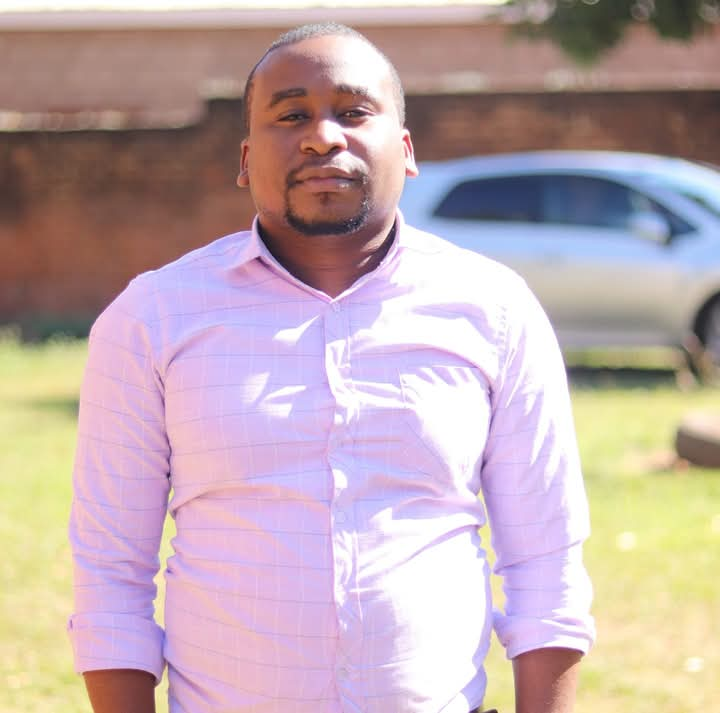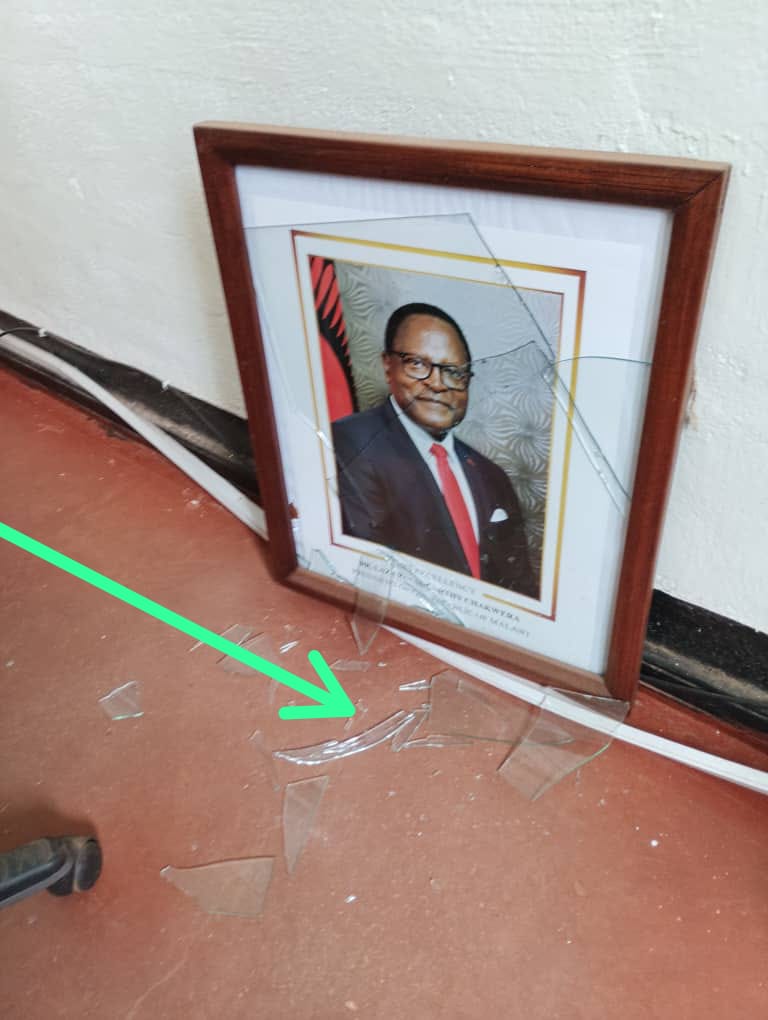By Vincent Gunde
One of the most active International NGOs in Malawi’s energy sector, Self Help Africa(SHA), is implementing a sustainable energy programme that is aimed at increasing access to improved energy technologies through demand-side subsidies (DSS) approach. Having implemented in Nkhatabay, Salima, Dedza and Balaka, SHA is extending to Dowa District as well.
Self Help Africa is one of Malawi’s largest distributor of cook stoves and are promoting various strategies and interventions to the Malawian communities in efforts to reduce the energy poverty and ultimate contribution to the Dowa’ 2022-2030 District Development Plan, Malawi’s MIP-1, MW2063 Agenda, and Sustainable Development Goal (SDG) 7: Affordable and Clean Energy.
Presenting the programme to the District Executive Committee (DEC) in Dowa district, SHA’s Project Manager, Charles Matewere, said pilot programme which is also being tested in Liberia, Niger and Uganda is a new approach intending to test subsidies as a strategy to improve access to renewarble energy technologies and refine for future scale-up.
Matewere said districts such as Nkhatabay, Salima, Dedza and Balaka had initially been selected as the first districts based on 100 per cent availability of Unified Beneficiary Register(UBR) data, low electrification rate and relatively high forest cover and Dowa based on same criteria.
He said the idea is aimed at addressing the affordability barrier to improved cooking stoves for people in ultra-poor, vulnerable settings, who would not be reached by commercial markets or existing public initiatives.
The manager said the programme is targeting 158,900 UBR poorest and poor in all the aforementioned districts saying the beneficiaries will have the ability to pay less than MK800 for Chitetezo Mbaula that has benefits such as fuel efficiency and reduced deforestation, environmental and Health, economic and social benefits
Over 90 percent of Malawi’s domestic energy comes from biomass, and the vast majority of which is unsustainably sourced. In 2023 alone, Dowa lost 40 hectares of natural forest cover and lacking access to improved energy services is negatively impacting the quality of life, economic development, and the environment.




